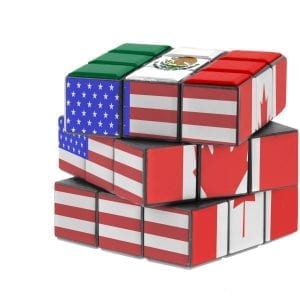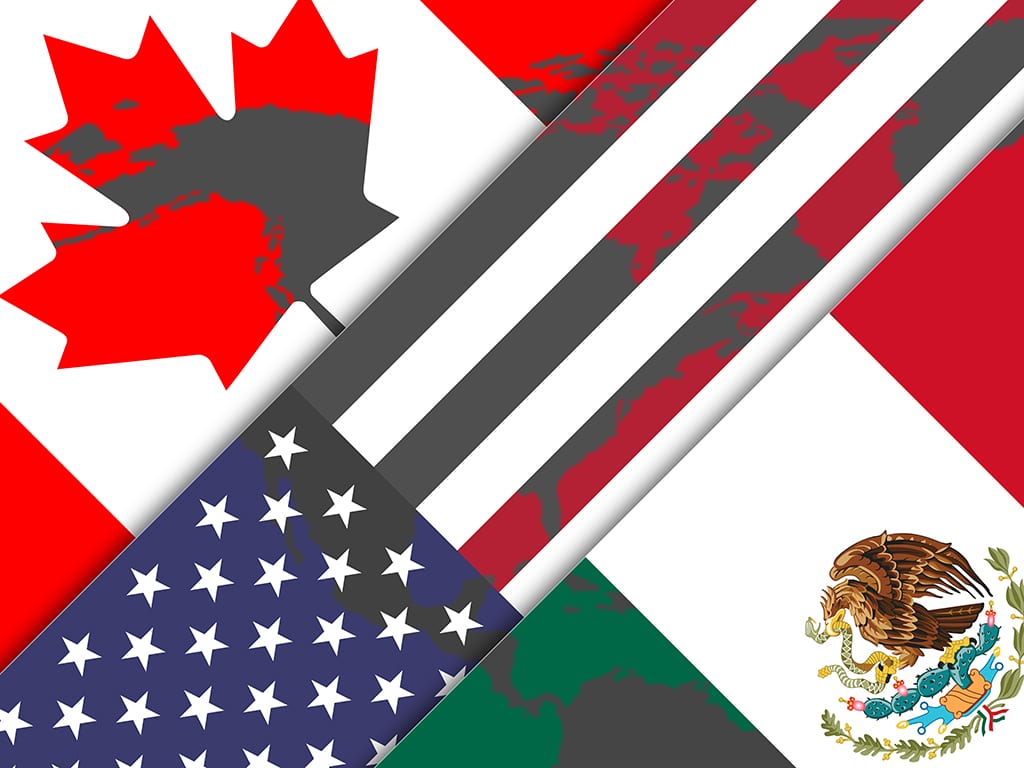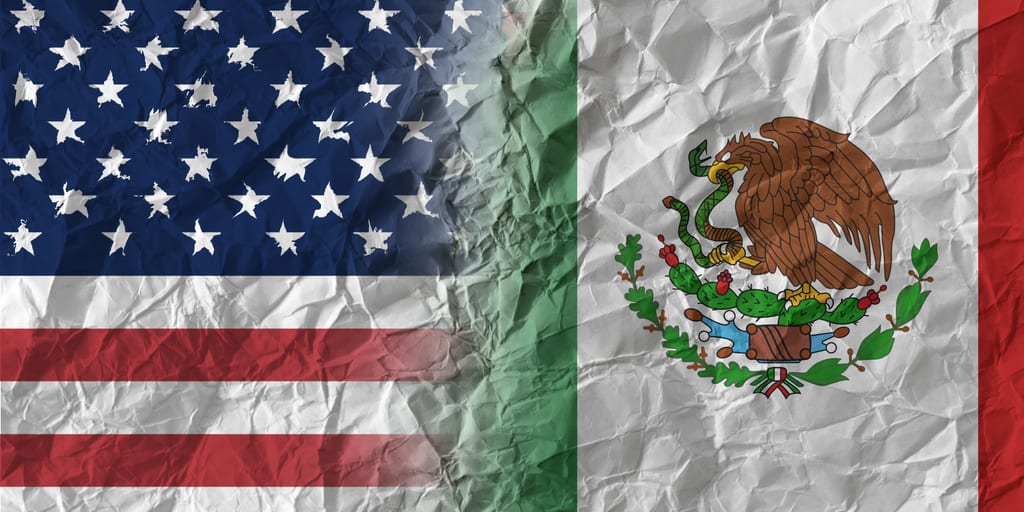
NAFTA negotiators have made progress after seven rounds of meetings to discuss modernizing the trade agreement, and it appears there will be no disruptions to the flow of floriculture products between the U.S., Mexico and Canada.
U.S. agriculture, including the floral industry, has closely followed the ongoing negotiations. Most of the discussions affecting agriculture have focused on new language in the agreement to promote cooperation on biotechnology practices, maximum residue levels for pesticides used on fruits and vegetables and regulations to protect people, animals and plants from pests and diseases.
U.S. Trade Representative Robert Lighthizer and his counterparts have indicated they are confident that an agreement will be announced within the upcoming weeks. But while much progress has been made, agreements have not been reached on several issues including rules of origin on vehicles and market access rules among the three nations. Negotiators are also debating the sunset clause which would allow NAFTA to expire every five years unless the United States, Mexico and Canada all agreed to reinstate it.
The midterm elections in the U.S. and the Mexican presidential election are both on the horizon too, and both could have an impact on the outcome of NAFTA. If, for instance, there are major political changes looming in the U.S., Mexico may choose to hold off signing any agreement. And a different Mexican president could complicate matters further.
U.S. tariffs on steel and aluminum may also affect the negotiations.
SAF will continue to monitor progress.








